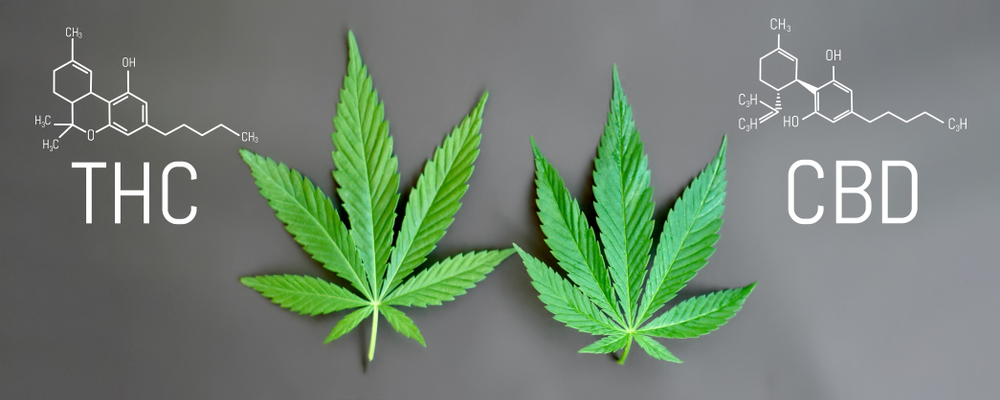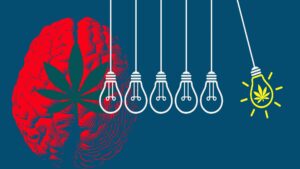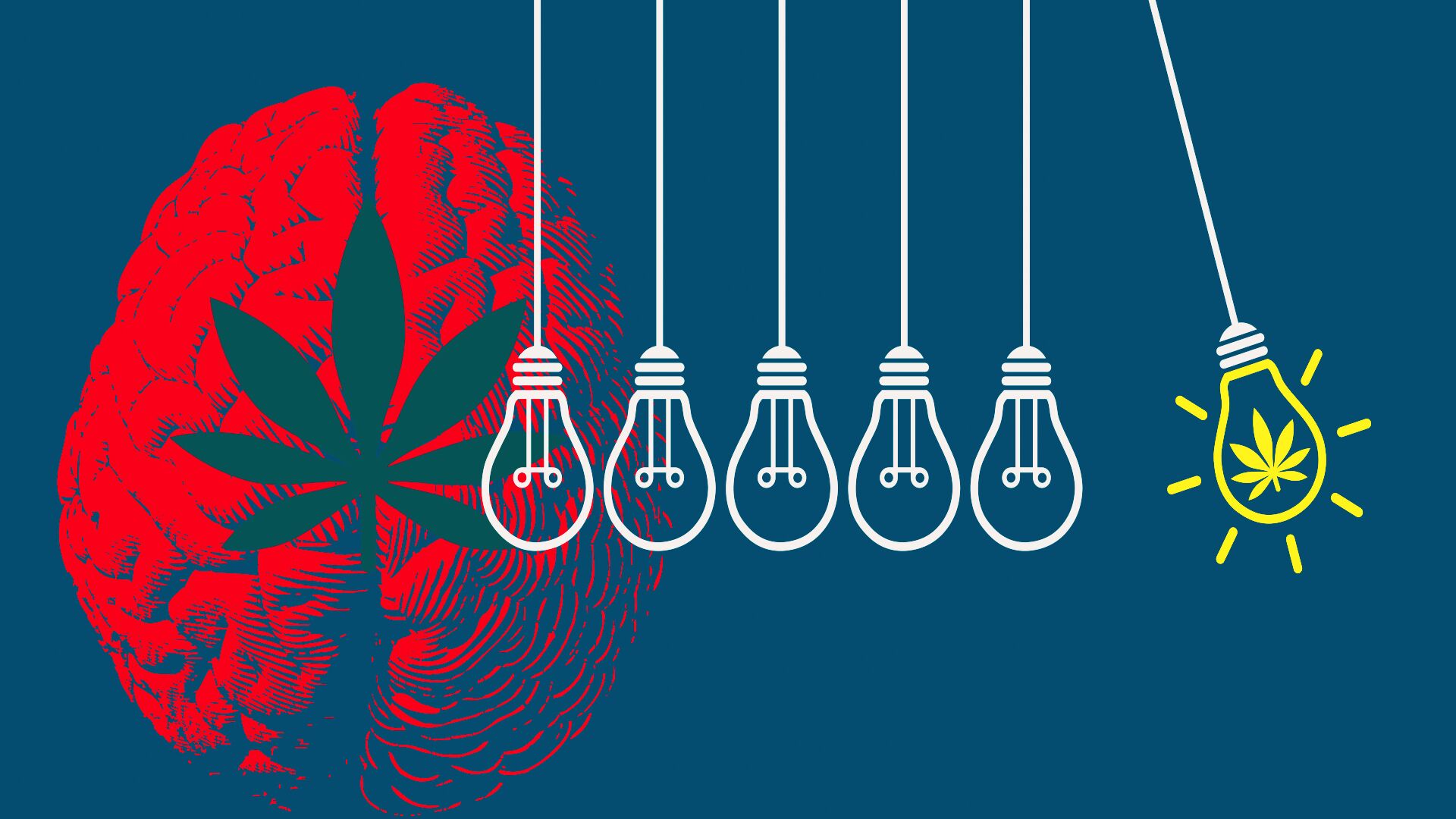
The Cannabis plant which is often associated with its psychoactive effects and impact on the body has been around for centuries. Veiled in legends and religion, the cannabis plant has its mention in The Vedas, a sacred Hindu text. The plant has been termed as one of five sacred plants, along with soma and barley. As per the scriptures, a guardian angel lived in its leaves.
The plant has been long used for fabric, paper, nutritional purposes, and even medicinal purposes. The Cannabis and hemp plants feature a mix of multiple cannabinoids and CBD is one of the major cannabinoids found in the plant. Another primary compound found in the plant is Tetrahydrocannabinol (THC). THC is the primary psychoactive constituent of the cannabis plant. There are at least 110 more such compounds that make up the plant. All the compounds hold different properties and have different impacts on the human body.
CBD has been talked about a lot in recent times and for all the right reasons. The Indian market is still particularly new to CBD products but that seems to be changing gradually. However, the products made from hemp and cannabis still hold a great amount of vagueness around their health benefits and legality. Below are the answers to all the questions surrounding the legality of CBD in India and its usage.
Is CBD Legal in India?
Ministry of AYUSH also permits the use of Vijaya or Cannabis extract – making the use of CBD legal in India.
Under the Single Convention on Narcotics Drugs (SCND) to which India is a signatory and under the Narcotic Drugs and Psychotropic Substance (NDPS) Act, prohibits the recreational use of cannabis and cannabis products. An important thing to be noted here is that both the acts define ‘cannabis’ as the fruiting tops of the Cannabis plant which is also known as Marijuana or Cannabis Sativa.
Owing to the medicinal uses of the plant and India’s sacred and social customs which include the consumption of bhaang, the leaves and seeds of the plant have not been included in the purview.
CBD products like CBD oil and gummies are usually made from the leaf extract of the cannabis plant. Therefore, the use of CBD is not prohibited under any law in India, just like how the consumption of bhaang is not prohibited. The licensed sale of cannabinoids, which include CBD oil and tincture, is permitted in India under the NDPS Act. Another thing to note is that Cannabidiol or CBD is not listed under any schedule of the United Nations Drug Control Conventions.

CBD vs THC
THC (Tetrahydrocannabinol) is a chemical compound that is responsible for making a person ‘high’. CBD and THC are compounds extracted from the cannabis plant but CBD does not hold any psychoactive properties just as THC does.
CBD contains less than 0.3% THC content which means that a person can not get ‘high’ upon consuming CBD products. It only stimulates the cells of our body to generate a health response and does not cause any psychoactive effects.
Disclaimer:
Any information provided in this article is strictly intended to be general information. The content related to CBD that is included in this article does not reflect any health claims made by manufacturers of those products and shall not be construed as a claim under any circumstances. We, at CBDAY, make no diagnosis of anyone’s health condition or do not recommend any course of treatment. The information provided should not be treated as a substitute for obtaining medical advice from any healthcare provider. Treatment or diagnosis decisions should solely be made by you in consultation with the healthcare provider.





















